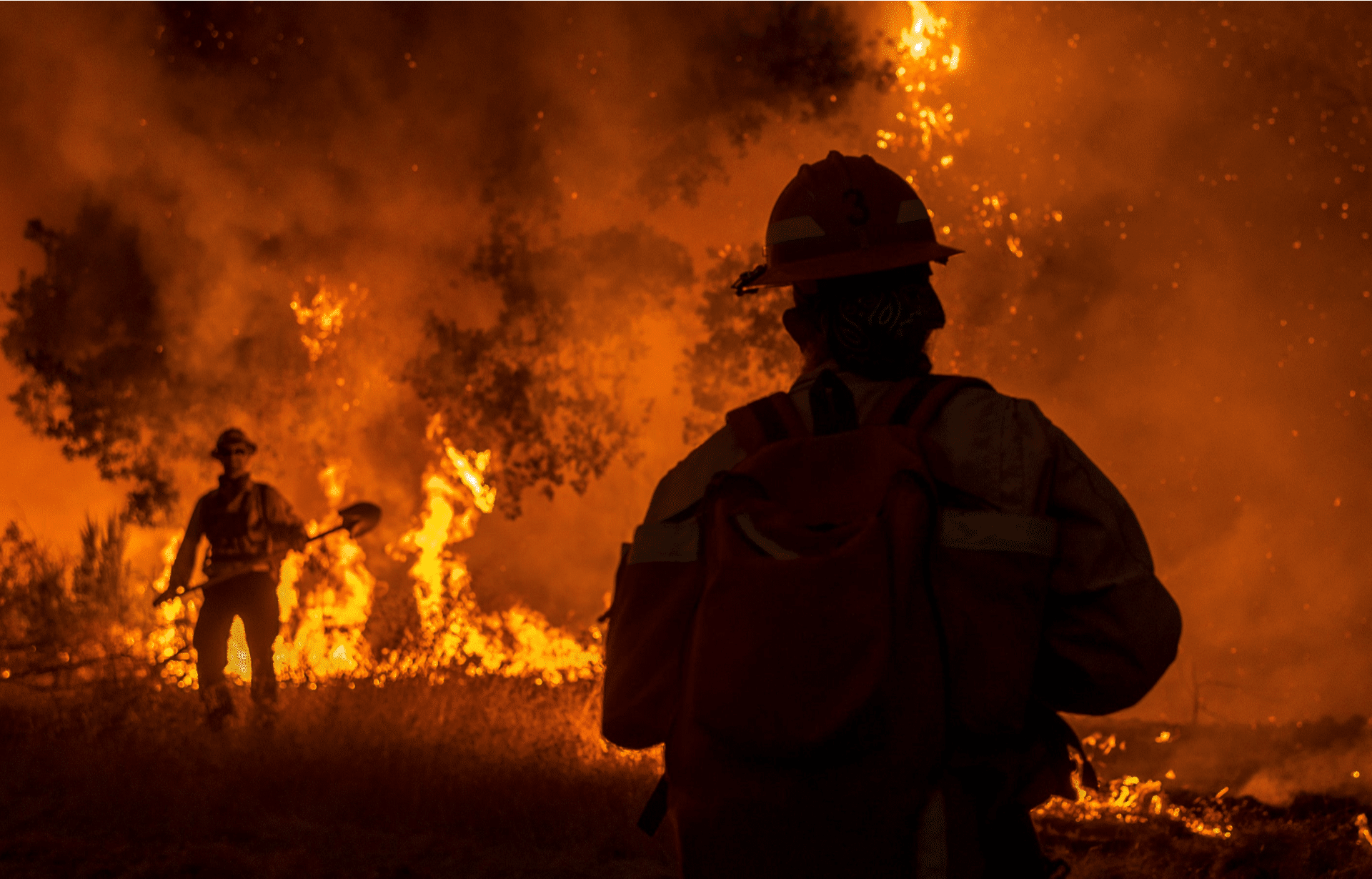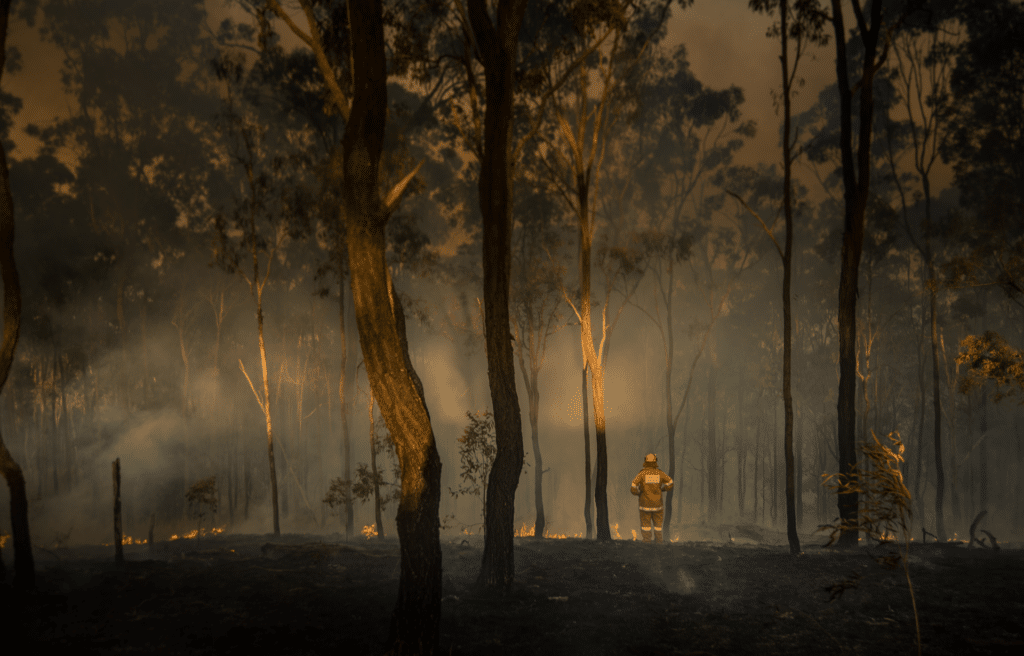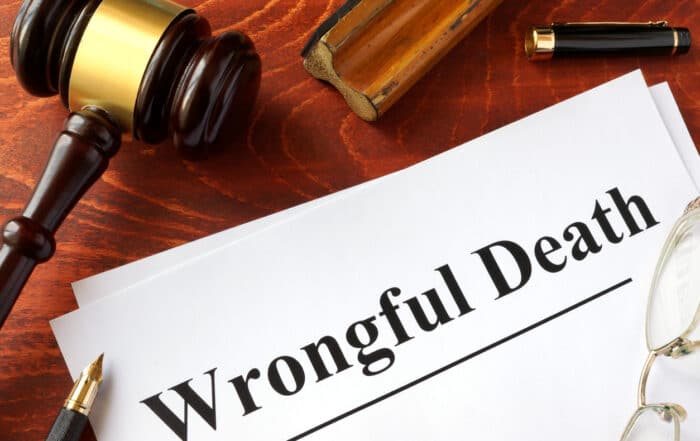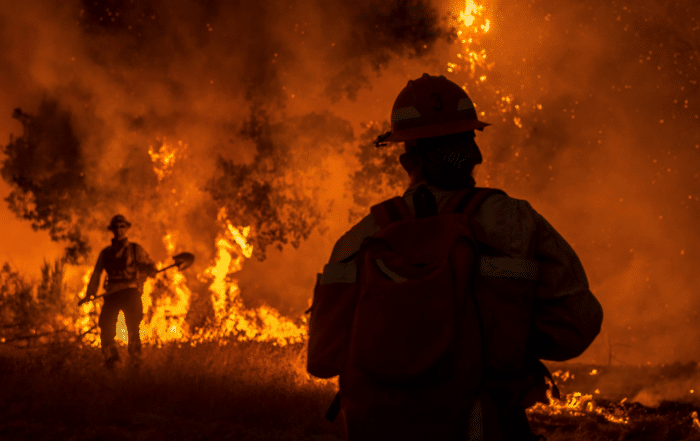
Expungements – The “Fire Camp” Statute
Over the last decade, California has experienced a significant increase in extreme wildland fires. The rise in temperatures, lack of rain, and lower humidity all contribute to drier brush, grass, and trees that fuel these fires. Additionally, the growing population and shifts toward development in the urban interface and intermix create greater risks for fires.
Even more daunting is the lack of fire resources compared to the growing number of fires in California and in this country. Fire personnel are often spread thin during the fire season. That is why a pool of trained and qualified firefighters stemming from volunteer fire programs can help alleviate this problem.
The California Department of Corrections and Rehabilitation (CDCR) currently operates 35 of these programs, known as Conservation Fire Camps. These camps, in partnership with CAL FIRE and Los Angeles County Fire Department (LACFD), provide extensive training and rigorous drills to low level inmates. Many of these inmates work alongside professional firefighters, risking their lives while battling fires. However, unlike professional firefighters many of them will likely never receive comparable benefits or recognition.
For example, when inmate firefighters become part of a hand crew, they work in small teams of 12-17 crew members. They hike through rugged mountain terrain typically working 16-hour shifts, digging fire breaks, cutting down trees and overall reducing fuel. Purposeful work in combination with a sense of positive camaraderie leads many of these individuals toward aspirations of a firefighting career. Considering their extensive training and hands on work, it is disappointing when they are denied fire-related career opportunities because of their criminal record.

The “Fire Camp” Statute
Recognizing that former inmate firefighters already have invaluable training and have given a vital service to our State, a law was created to provide post-conviction relief to such individuals under Penal Code section 1203.4b.
Under Penal Code section 1203.4b, former inmates that have been released from custody may petition the court to withdraw their guilty plea or nolo contendere, set aside their guilty verdict in a conviction, or waive parole. In order to qualify, these individuals:
- May not have been convicted of murder, kidnapping, rape, lewd acts or sex offenses, felonies punishable by death or life imprisonment, escape from a secure perimeter or arson.
- Must show that they successfully participated in the California Conservation Camp Program, also known as fire camps, or an equivalent county individual incarcerated hand crew.
- Successful participation requires that the individual performed their duties without any conduct that warranted removal from the fire camp program.
A court order granting this petition will allow individuals to apply for state and local licenses without having to disclose their expunged conviction, except if the application involves a teaching credential, a position in law enforcement, public office, or the California state lottery. More importantly, these individuals will be in a better position to seek firefighting careers thereby protecting the homes and communities of California residents from the threat of fires.
Contact Us
If you or someone you know has successfully participated in a fire camp program while serving a prison sentence, you should contact the team at Rogers | Beltran LLP to discuss how we can potentially clear up your convictions. We offer a free 30-minute telephone or Zoom consultation with a team member who will be more than happy to discuss the details of your personal case and whether and how we may be able to help you.
Disclaimer
Thank you for visiting our website. Please note that this article is not intended to be legal advice. Rogers | Beltran LLP does not represent you until you have a signed retainer with the firm. The views expressed herein are for educational purposes only. The law constantly changes, and we make no representations or guarantees about the current or past validity of the legal analysis. If you have questions about the current state of the law in this area, feel free to reach out to our law firm for a free telephone or remote consultation (Zoom) or seek legal counsel from another reputable law firm.





